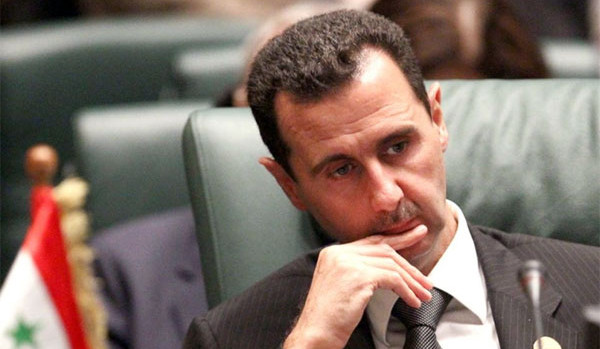Bashar Assad’s Last Days in Syria
Bashar Assad’s final days in power were marked by secrecy, desperation, and rapid developments that ultimately forced his escape from Syria. Accounts from various sources, including Assad’s close aides and international observers, paint a vivid picture of a leader clinging to power even as his regime crumbled around him.
The Moscow Meeting
Assad’s journey began with a trip to Moscow on November 28, 2024. According to his media chief, Assad had to wait two days to meet Russian President Vladimir Putin. On the day of the meeting, his appointment was rescheduled three times. When it finally occurred, the meeting lasted for only an hour and included only Assad and his escort, Brigadier General Muhsin Mohammed. During the meeting, Putin reportedly called the Russian army chief of staff in front of Assad, instructing him to facilitate Iran’s military air bridge into Syria. However, no official statement was issued, and an aide informed Assad that Putin preferred to keep the meeting confidential.
Growing Isolation
Upon returning to Syria on November 30, Assad convened a political council meeting, including his foreign minister, vice president, and media advisor Buthaina Shaaban, to discuss the meeting’s outcomes. Assad revealed that the Russians were unwilling to guarantee safe passage for Iranian military support. Meanwhile, the U.S. issued warnings against Iranian flights through Iraq, further complicating the situation.
In the months leading up to this period, Assad’s position had become increasingly precarious. The fall of Aleppo in late November 2024 shocked the regime. Assad’s forces, unprepared mentally and logistically, faced significant challenges as Russia diverted its focus to the war in Ukraine. Simultaneously, the visibility of Shia militias in Syria diminished as Hezbollah suffered heavy losses in Lebanon, and Iran experienced strained relations with Syria due to rapprochements with Arab states.
Desperation and Deception
By early December, Assad’s regime had lost control of Aleppo and additional territory. Despite assurances he gave his aides and military officials about imminent Russian aid, these promises were hollow. Assad’s desperation grew as Russia and Iran refused to intervene militarily. On December 2, Assad met Iranian Foreign Minister Abbas Araqchi, admitting his army was too weak to repel the rebels. Tehran declined to deploy troops, fearing Israeli retaliation.
On December 6, Turkey informed Iran that mediation efforts were over, and the rebels’ offensive continued to gain ground. Assad’s refusal to meet Turkish President Erdogan stemmed from his belief that such a meeting would require political concessions, which he deemed unacceptable.
The Escape Plan
As the situation deteriorated, Assad decided to flee. On December 7, he promised senior officials during a Defense Ministry meeting that Russian aid was imminent and urged them to hold their positions. After concluding his work for the day, Assad informed his office manager he was heading home. Instead, he went to the airport, leaving without informing even his closest aides or family members. His media advisor, Buthaina Shaaban, arrived at his residence to draft a speech, only to find it deserted.
Assad departed Damascus on December 8, turning off the plane’s transmitters to avoid detection. He first landed at the Russian Khmeimim Air Force Base in Latakia before continuing to Moscow. During his escape, Russian Foreign Minister Sergei Lavrov worked behind the scenes, coordinating with Turkey, Qatar, and Hayat Tahrir al-Sham to ensure Assad’s safe passage. Moscow also secured guarantees from neighboring countries that no attacks would target the plane carrying Assad.
The Aftermath
In Damascus, chaos reigned as rebels stormed the presidential palace. Looters found personal belongings, including family photos and youth pictures of Assad, left behind in the rush to escape. Prime Minister Muhammad al-Jalali, who handed over power to the rebel transitional government, recounted his last conversation with Assad on December 7. “I told him about the displaced people and the terror in the streets. He simply said, ‘We’ll see tomorrow.’” Jalali never heard from Assad again.
As Assad’s regime collapsed, his younger brother Maher fled separately to Iraq and then to Russia. However, Assad’s maternal cousins Ihab and Iyad Makhlouf were less fortunate; rebels ambushed their escape to Lebanon, killing Ihab and injuring Ied. The dynasty that began in 1971 with Hafez Assad’s ascent to power ended in disgrace and exile. Assad now resides in Moscow under Russian protection, marking a dramatic conclusion to his tyrannical reign and a profound shift in Syria’s political landscape.

